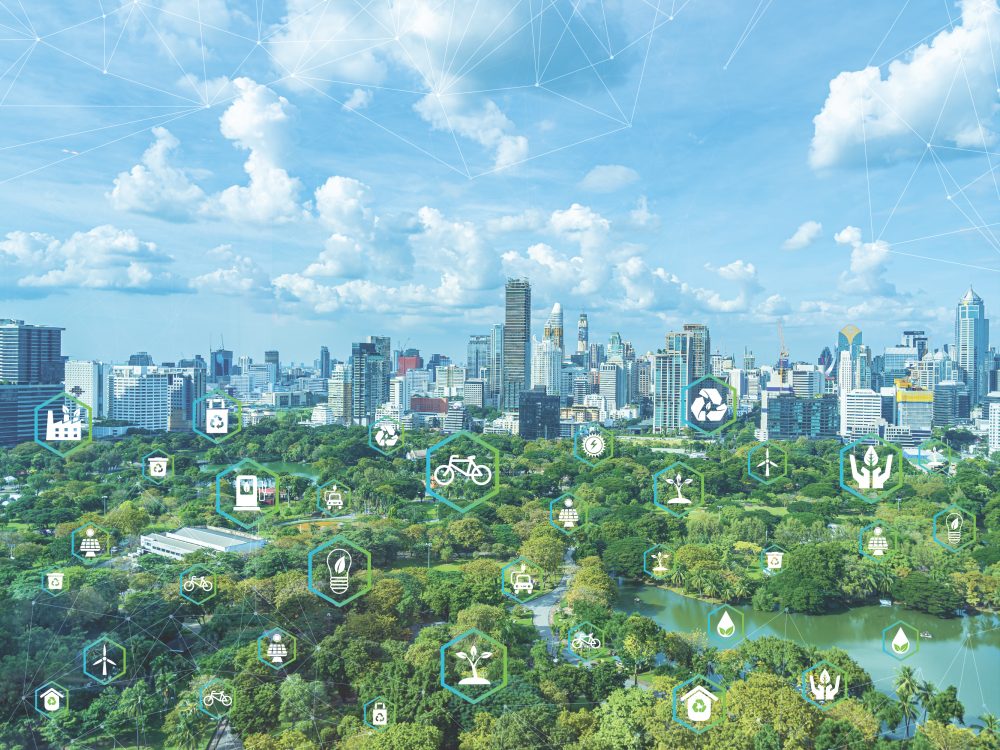
According to the Sustainable Development Report 2022, most countries around the world cannot achieve the sustainable development goal (SDG) 11 on sustainable cities and communities. This raises the importance in understanding and accelerating policies and practices to enhance the sustainability of cities. Meanwhile, cities are one of the key players driving the transformations to combat climate change and reach net-zero emissions. Although resource optimisation and circular economy have been proposed as potential solutions to these global and local challenges, their implementation has often been sluggish and fraught with problems.
NZS CITIES aims to:
1) Assess the current status and future plans of net zero and sustainable cities
2) Analyse technologies and policies on resource optimisation and circular economy and their performances in supporting net zero and sustainable cities
3) Develop research proposals and apply to funding agencies at different levels
4) Establish research network on net zero and sustainable cities.
The project consists of two parts: research and network development. In the research part, we will apply systematic review and indicator-based tools. City data and performances will be analysed and benchmarked. In the network development part, we will virtually conduct meetings, seminars and young researcher workshop. Short newsletters and a website will be prepared/developed for internal and external communications. The outputs of this work including a systematic review paper, the network, the short newsletters and the website will help empower cities to achieve their net zero and sustainability targets. Applications for further funding on this research will support the continuity of this network in the long term.
During the initial stage, NZS CITIES brings 23 professors/researchers, 4 PhD students and 1 master student from 12 universities in 5 regions (Asia, Africa, Europe, Oceania and North America) to work together. With this WUN initiative, we are able to have a wide span of 12 sub-themes listed below which can ensure that the comparative analysis and research network will be comprehensive and inclusive. At the end of the project, the network will be both strengthened and enlarged.
12 Sub–Themes of NZS CITIES
1) Net zero, resource optimisation and circular economy
2) Assessment tools
3) Sustainable food and agriculture
4) Sustainable mobility and logistics
5) Sustainable energy
6) Sustainable waste and wastewater management
7) Sustainable urban planning
8) Environmental economics
9) Governance and policy analysis
10) Equity, poverty and vulnerability
11) Climate/disaster resilience planning
12) IoT, data analytics and machine learning
In the long-term, the research outcomes have the potential impacts to “lead” cities with pathways in optimising their resource use, reducing environmental impacts, as well as increasing economic and social productivities by benchmarking their climate actions and sustainability performances and enhancing the resource optimisation and circular economy technologies and policies.
